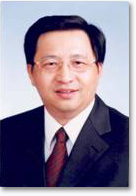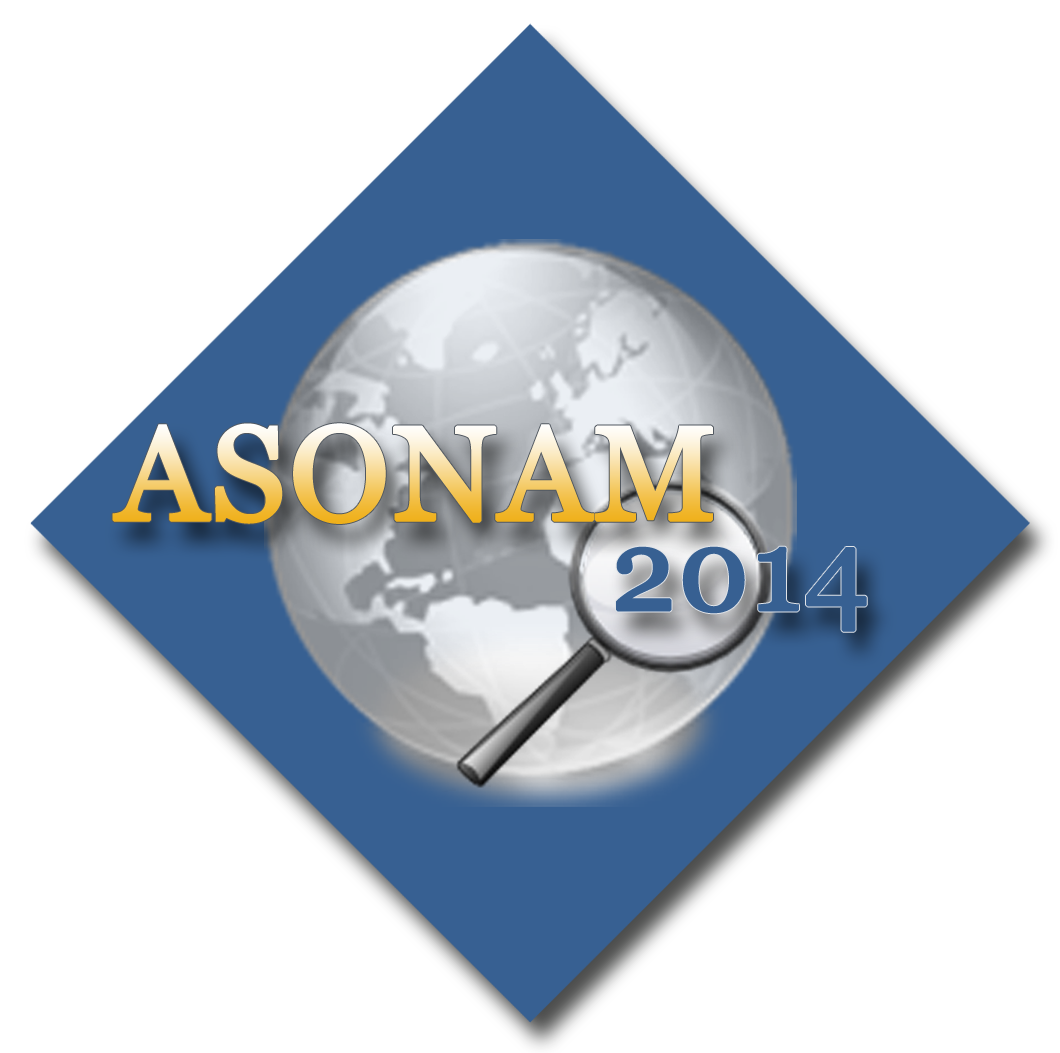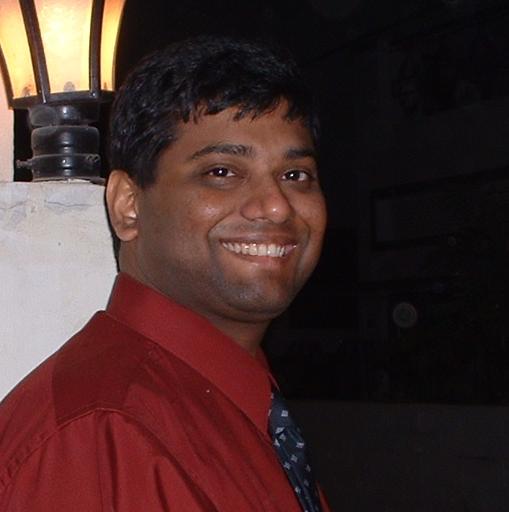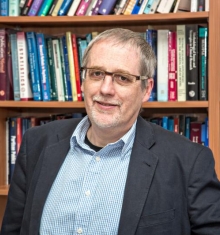Short Bio
Charu Aggarwal is a Research Scientist at the IBM T. J. Watson Research Center in Yorktown Heights, New York. He completed his B.S. from IIT Kanpur in 1993 and his Ph.D. from Massachusetts Institute of Technology in 1996. His research interest during his Ph.D. years was in combinatorial optimization (network flow algorithms), and his thesis advisor was Professor James B. Orlin . He has since worked in the field of data mining, with particular interests in data streams, privacy, uncertain data and social network analysis. He has published over 200 papers in refereed venues, and has applied for or been granted over 80 patents. Because of the commercial value of the above-mentioned patents, he has received several invention achievement awards and has thrice been designated a Master Inventor at IBM. He is a recipient of an IBM Corporate Award (2003) for his work on bio-terrorist threat detection in data streams, a recipient of the IBM Outstanding Innovation Award (2008) for his scientific contributions to privacy technology, and a recipient of an IBM Research Division Award (2008) for his scientific contributions to data stream research. He has served on the program committees of most major database/data mining conferences, and served as program vice-chairs of the SIAM Conference on Data Mining , 2007, the IEEE ICDM Conference, 2007, the WWW Conference 2009, and the IEEE ICDM Conference, 2009. He served as an associate editor of the IEEE Transactions on Knowledge and Data Engineering Journal from 2004 to 2008. He is an associate editor of the ACM TKDD Journal , an action editor of the Data Mining and Knowledge Discovery Journal , an associate editor of the ACM SIGKDD Explorations, and an associate editor of the Knowledge and Information Systems Journal. He is a fellow of the ACM (2013) and the IEEE (2010) for "contributions to knowledge discovery and data mining techniques".

- Binxing
Fang Beijing University of Posts and
Telecommunications, China,
Academician of the Chinese Academy of Engineering
Short Bio
Professor Fang Binxing is academician of Chinese Academy of Engineering, Former President of Beijing University of Posts and Telecommunications, principal representative of the 11th National People's Congress, the expert of information network and information security. He was born in 1960, graduated from Harbin Institute of Technology with doctor degree in 1989. He used to work at the National University of Defense Technology as a Post Doctor. He once was appointed as the Director and Chief Engineer of National Computer Network and Information Security Management Center, the Coordination Office Director of National Computer Network Emergency Response Technical Team/Coordination Center of China, Chairman of the Science and Technology Committee of the National Computer Network and Information Security Management Center, senior Engineer with professor title and PhD Supervisor. His main research area covers network security, information content security, parallel processing, and internet technology and so on. He is the first inventor who proposed the conception to build China National Network and Information Security Infrastructure and designed the practical corresponding system. Therefore he has successively won a first prize and two second prizes of State Scientific and Technological Progress Award. In the area of information security theory, he gave a unified formalization definition of the information security concept which involves physical security, operation security (network security), data security (narrow definition of information security) and content security. At the same time he is conducting research on the computability of the information security attribute.
Short Bio
Garry Robins is a Professor in the School of Psychological Sciences at the University of Melbourne. His research is centred on social network methodology, particularly on exponential random graph models for social network structure. He has won research awards from the Psychometric Society, the American Psychological Association and the International Network for Social Network Analysis (INSNA). He has been involved in a wide variety of empirical multidisciplinary projects involving social networks, from cattle herding to network governance. He is an INSNA Board member, a former editor of the Journal of Social Structure, and currently is co-editor of the new journal Network Science.








